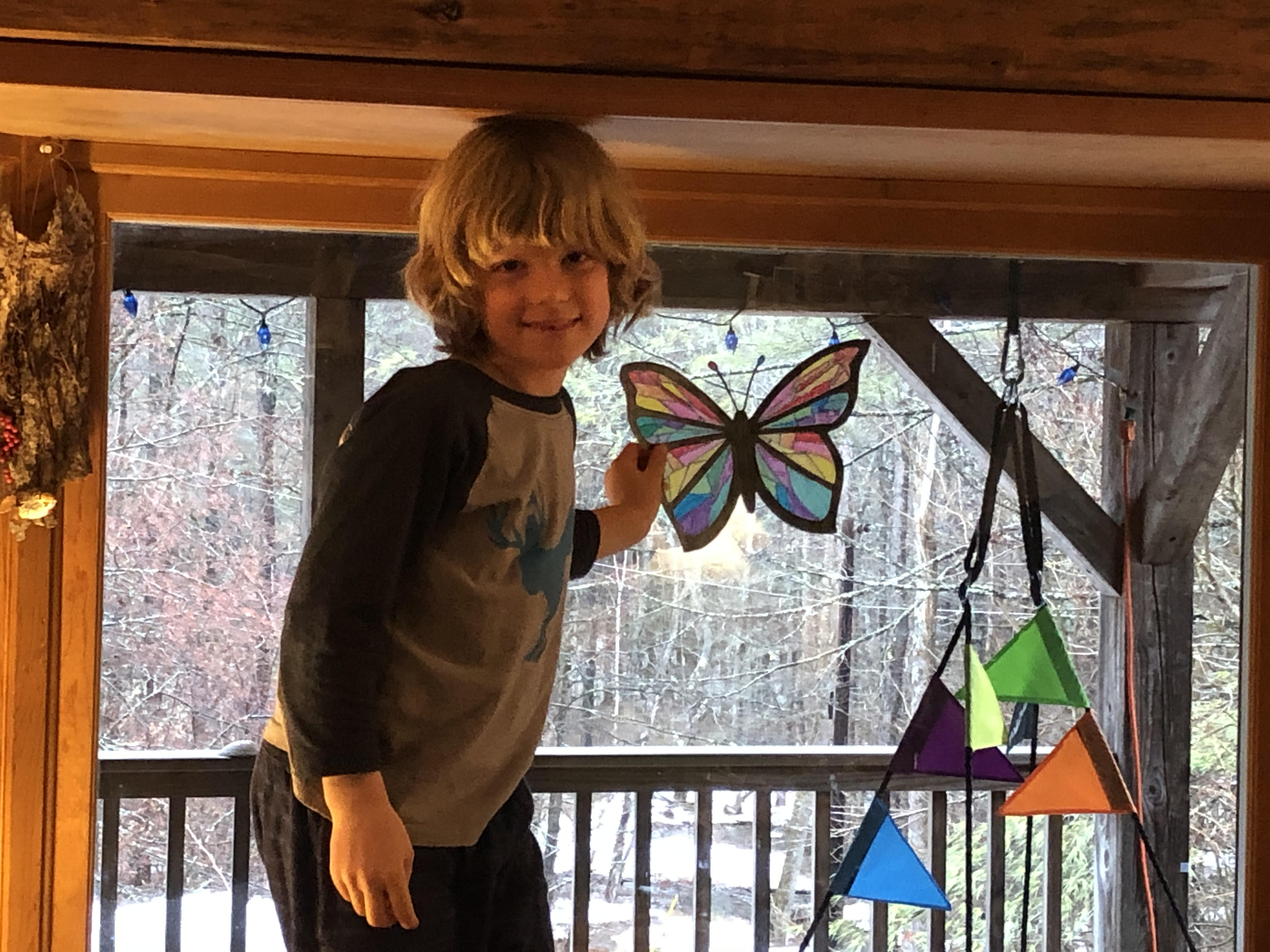
Many people I hear from are feeling the impact of the continual and often relentless exposure to today’s news. While it is important to know what is happening with the spread of the pandemic, this constant exposure may lead to an underlying feeling of dread, particularly as medical professionals address just how much there is to learn about the COVID-19 virus. Such media coverage may naturally lead us to difficult emotional places where worst-case scenarios seem increasingly likely.
It is important to remember that children are keenly aware of these fears as well as the entire range of our emotional states. Picking up on these feelings may make it more difficult for young minds and hearts to sleep at night, have a healthy appetite, or even participate in activities they have otherwise enjoyed. If children are continually feeling uncertain, their brains are going to stay in a constant fight or flight mode, making it much harder for them to maintain healthy routines, learn, and connect with others in their families.
However difficult it may be, it is up to adults to set the tone at home and provide a balanced perspective. For example, we are fortunate to live in a relatively safe place with access to very good medical care. Instead of feeling powerless, it is helpful to evaluate what we do know about the virus and what we can do to remain healthy and safe during this pandemic. This is a time to be selective and reassuring with the content we share as well as keenly aware of the way we share it with children. It’s also very important to make sure adults are available to talk as questions arise, a responsibility that can be particularly difficult when juggling work obligations. Throughout this difficult time, we need to be prepared to explore issues and discuss feelings in all of the appropriate ways.
It is not an easy time to be a parent or a child, but during this uncertain moment in our history, we are more fortunate than ever to have our families close by and be surrounded by their support.




